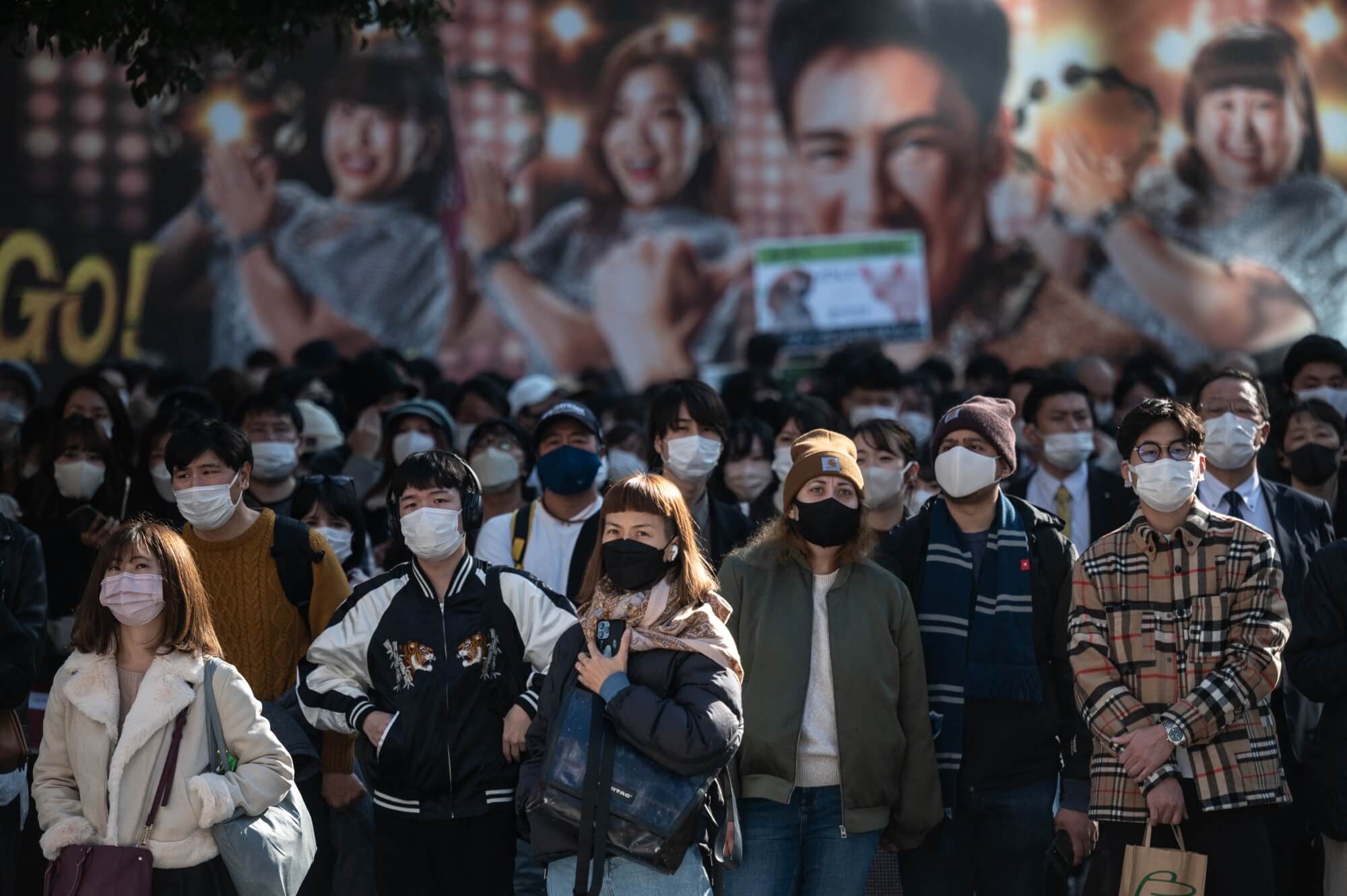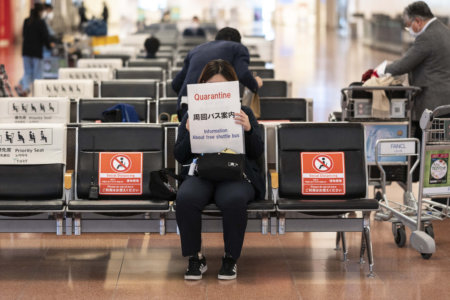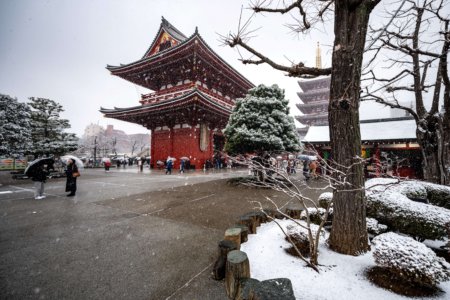
People worldwide travel to Japan for many reasons. The country is famous for its beautiful scenery, tantalising food like sushi and Kobe beef, stunning tourist attractions like the Osaka Castle and its efficient public transport, just to name a few.
Thousands of international students flock to the country each year for its world-class education. Along with the country’s high-quality of living, it’s proven to be an ideal place for many students. This is something Apra Jain from Delhi, India has not been able to experience in the flesh due to the ongoing pandemic.
As one of the many students locked outside the Land of the Rising Sun, Jain shares her frustration in not being able to travel to Japan with Study International. As a second-year global studies and international relations student, it’s been hard for her to improve her command of the Japanese language without being in the country. She tells us more about her experiences below:
Why did you decide to pursue a course in global studies and international relations?
I was introduced to the BA in Global Studies by my uni when their representatives came to my high school in India. I was instantly drawn to the interdisciplinary course that addressed several of my interests.
This includes human rights, gender issues, politics and international affairs.
What did you choose to travel to Japan for your studies?
My uni had a college fair at my high school and it promised everything I was looking for. A global studies course, a multicultural environment, a safe city environment in Kyoto (one of the best places for students) and learning the native language in Japan.
I was accepted to the undergraduate programme and moved to Japan right after high school in 2017. When I graduated, I made the choice to continue studying in Japan to specialise in a similar field.
Of course, because of the ban, my motivation and ability to study the language have decreased. Getting scholarships, doing internships or job-hunting are things that haven’t worked out as I envisioned.
What are some of the biggest obstacles that you currently face with not being able to travel to Japan?
The first struggle is the time difference, waking up at 5:00 a.m. for online classes is exhausting and gives me migraines. It’s unrealistic to assume that students studying at such odd hours will perform as well as students in the classroom.
Moreover, due to exhaustion, it’s difficult to conduct research during the day or interact with family and friends. Attending classes or submitting assignments in one time zone while eating or sleeping is stressful and confusing.
Another struggle is the toll it takes on my mental health, having to deal with so much uncertainty and the ups and downs of the travel ban can get really depressing.

Pedestrians wait to cross the street in Shibuya district of Tokyo on Dec. 11, 2021. Source: Philip Fong/AFP
What do you think should be done to help support the stranded students outside Japan?
The Japanese government should remember how they tried to make the country “superglobal” and an attractive place for international students. One of the reasons for this was the decreasing and ageing workforce.
Another is because it’s mutually beneficial for international students and Japan to have people-to-people and cultural exchanges. With these points in mind, the only way to help such stranded learners is to allow foreign students to travel to Japan.
With the entry ban for us, it’s left us in limbo and jeopardised the country’s reputation. It’s also negatively affected our research and study abroad experience.
I don’t see the logical reason why vaccinated international students have not been allowed to enter yet — DJs and athletes or even the US military has been allowed to roam freely without quarantine or proof of vaccination.
What about your uni? Have they offered support?
Yes, my uni has been very supportive, unlike some other Japanese ones. My uni quickly developed an online learning system in April 2020 when students couldn’t enter the country.
It also gave us the option to take online classes or view recorded ones. They introduced financial help to support students affected by the pandemic and made many books available online.
However, it depends on people’s research topics as not all books are available in the online database, which is important. Lastly, professors are kind and understanding about students’ situations in their home countries.
What’s your backup plan?
Japan was my backup plan for my master’s. Now, I don’t have a backup plan as my degree is ongoing and I don’t want to stop without completing it as I’ve invested so much time and money.
I am looking to move to another country after my degree. The decision is not directly related to the ban but the uncertainty and being left in limbo has led me to ponder as to whether I can see myself living in Japan.
What would you advise foreign students about wanting to study or travel to Japan?
I would suggest finding ways to not feel alone and finding a community that has been similarly affected. Talking to others is really helpful to realise that you are not alone. Getting to know people on Twitter who are going through the same was the only thing that helped me cope with the stressful ban.
I’ve created groups on this platform to bring the stranded community together and it’s been nice to share information and vent. Some of us are proposing a global peaceful protest to raise awareness as letters and petitions were ignored by the authorities.
Honestly, just finding appropriate ways of sharing your concerns and feelings really does help. I assure you that amazing experiences in Japan are waiting for you!










